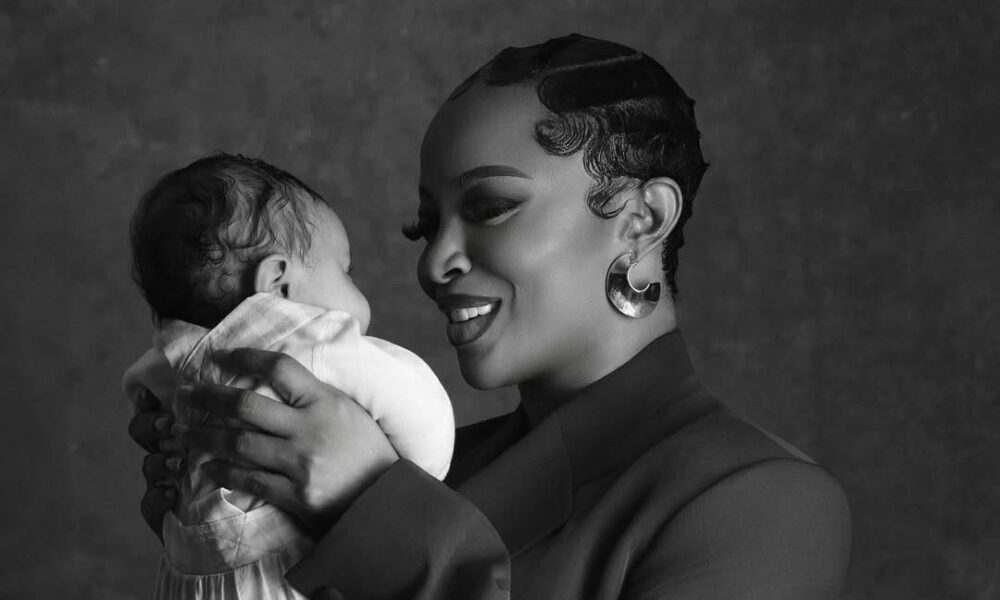Decoding Your Brew: The Truth About Coffee's Caffeine Levels
:max_bytes(150000):strip_icc()/Health-GettyImages-1422211708-8c56a0f4fa574905bb7b074906a384f7.jpg)
Coffee stands as the most prevalent source of caffeine for adults, with an average 8-ounce cup containing approximately 95 milligrams of this stimulant. In moderate amounts, caffeine offers several benefits, including enhanced alertness, improved focus, and even better athletic performance.
The caffeine content in coffee is highly variable, influenced by factors such as the coffee type, preparation method, and even the brand. For popular coffee drinks, the average caffeine levels are as follows: brewed coffee typically contains 94.3 milligrams per 8-ounce serving, which can range from 113 to 247 mg in a 12-ounce serving. A single 1-ounce shot of espresso has about 62.8 mg of caffeine, while an 8-ounce cup of instant coffee provides 62.4 mg. Cold brew is notably stronger, offering 153–238 mg per 12-ounce serving. Even decaffeinated coffee is not entirely caffeine-free, usually containing around 2.4 mg per 8-ounce cup.
Several factors play a crucial role in determining the amount of caffeine present in your cup. The degree of roast is one such factor; light roast coffees generally have more caffeine, despite dark roasts often being perceived as stronger due to their bolder flavors. The type of coffee bean also matters significantly, as Robusta beans contain about 1.4 times more caffeine than Arabica beans. As mentioned, the type of coffee drink itself—be it espresso, cold brew, brewed, instant, or decaf—directly impacts caffeine levels. The origin of coffee beans can also influence caffeine content, with conventional beans potentially having more caffeine than organic ones. Water temperature during brewing affects extraction, with lower temperatures potentially reducing the amount of caffeine extracted. Furthermore, the coffee-to-water ratio is critical; a higher ratio of coffee grounds to water will result in a stronger drink with more caffeine per cup. Serving size is an obvious determinant, with larger servings like 12- or 16-ounce drinks naturally containing more total caffeine than a standard 8-ounce cup. Interestingly, contrary to a common misconception, brewing time does not appear to significantly affect the total amount of caffeine in coffee.
When it comes to safety, current guidelines suggest that most healthy adults should not exceed 400 milligrams of caffeine per day, which is equivalent to approximately four 8-ounce cups of brewed coffee. Exceeding this limit can lead to adverse side effects such as jitteriness, anxiety, sleep disturbances, or a rapid heartbeat. Pregnant individuals are advised to limit their caffeine intake to less than 200 milligrams daily, roughly equivalent to one 12-ounce cup of coffee. It is important to note that very large doses, around 1,200 milligrams of caffeine consumed at once, can lead to serious side effects, including seizures.
Recommended Articles
Coffee's Weight Loss Secret: Discover When to Sip for Maximum Burn!
:max_bytes(150000):strip_icc()/Health-GettyImages-2224191613-dc93be57bd5848c2b7e322f129966b53.jpg)
Discover how coffee can support your weight loss journey by influencing metabolism, appetite, and fat reduction. Learn t...
Coffee Upgrade or Calamity? Protein Powder's Hidden Impact
:max_bytes(150000):strip_icc()/Health-GettyImages-1455672277-aa509644169f486184e7adb6536042fc.png)
Discover the 'proffee' trend, blending coffee with protein for enhanced nutrition and performance. This guide details ho...
You may also like...
Nuno's West Ham Secures First Win, Newcastle's Howe Fumes Over Team's Mentality

West Ham United secured a vital 3-1 victory over Newcastle United, marking Nuno Espirito Santo's first win and their ini...
Star Power Lights Up Lisbon! Meg Ryan, Kim Cattrall & Giancarlo Esposito Shine at Tribeca Festival Lisboa.

The Tribeca Festival Lisboa successfully concluded its second edition, drawing a host of U.S. talent and reaffirming its...
Horror Hits Can't Save Halloween: 2025 Sees Cinema's Scariest Weekend Yet!

The Halloween weekend saw a significant downturn in box office sales, marking the worst weekend of the year and the lowe...
Hollywood Whisperer: Tessa Thompson's Secret Manager Unveiled Behind Blockbuster Success!

Actress Tessa Thompson discusses her deep collaboration with director Nia DaCosta, detailing their journey from Sundance...
Fallen Icon: Leaked Emails Expose Scandal, David Beckham's Knighthood Hopes CRUSHED!

David Beckham has finally received a knighthood in the King's Birthday Honours List, overcoming a past controversy invol...
Toke Makinwa Delights Fans with Adorable Photos of Baby Girl Yaya

Toke Makinwa shares a beautiful black and white photo with her baby girl, Yakira Eliana, capturing a tender moment of ne...
Explore the New Africa: Journey Through a Continent's Political Awakening

A wave of youth-led activism is sweeping across Africa, reminiscent of the Arab Spring, as young people demand change in...
Meta's AI Ambitions Hit a Snag: Products Face Critical Problems

Meta's extensive AI investments, including a reported $600 billion for U.S. infrastructure, have caused Wall Street unea...